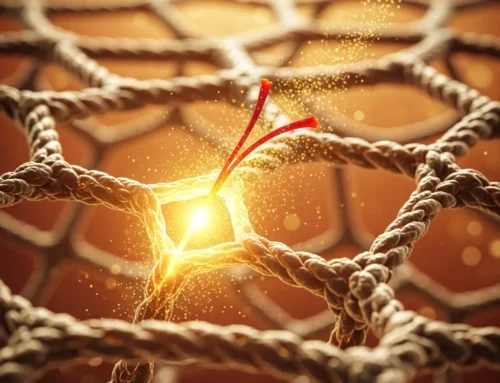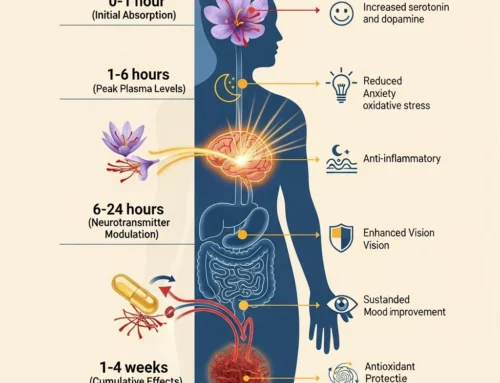 The Relationship Between Saffron and ADHD Treatment
The Relationship Between Saffron and ADHD Treatment
Saffron for ADHD treatment
In this article, we explore the connection between saffron and its potential role in treating Attention Deficit Hyperactivity Disorder (ADHD), particularly in children. ADHD often causes difficulties in focusing and concentration, which is why it is known as Attention Deficit Hyperactivity Disorder.
What is ADHD in Children?
ADHD refers to a child’s struggle to regulate their behavior. If untreated, this disorder can affect individuals well into adulthood. Many adults with personal and social challenges have undiagnosed ADHD from their childhood. Early detection and treatment play a crucial role in reducing its long-term effects.
What Are the Symptoms of ADHD?
Saffron for ADHD treatment
ADHD affects boys and girls differently. Boys tend to exhibit a higher prevalence, but girls often display inattentiveness and a lack of focus. Girls with ADHD appear quieter and show fewer obvious symptoms, which delays diagnosis. In contrast, hyperactive children display excessive restlessness, struggle to remain seated, interrupt others during conversations, and act disproportionately to the situation.
Managing ADHD with Saffron
Saffron for ADHD treatment
Parents need to closely supervise hyperactive children due to their inability to assess risks in their surroundings. While children may occasionally lose focus, symptoms persisting for over six months might signal ADHD.
Tracking a child’s behavior and providing therapists with detailed observations enable effective intervention. Schools play a critical role, as children spend a significant portion of their day there. Parents often turn to pharmaceutical drugs like Ritalin and psychotherapy to address ADHD symptoms. Ritalin improves attention deficits but may cause side effects.
The Benefits of Saffron in ADHD Treatment
Saffron for ADHD treatment
Saffron’s well-documented medicinal properties may contribute to managing ADHD, although researchers are still studying this connection. The natural compounds in saffron enhance mood and energy, promoting general well-being. Additionally, saffron acts as a mood enhancer, making it effective in combating depression.
Tehran University of Medical Sciences found that saffron mimics Ritalin’s effects in children aged 6 to 17 with ADHD. Unlike Ritalin, saffron eliminates common side effects such as nausea, appetite loss, insomnia, and headaches.
Although saffron shows promise as a natural alternative to stimulant medications, further research is essential. Parents should always consult healthcare professionals before starting a new treatment.
Conclusion
Saffron’s calming effects make it a valuable option for ADHD symptom management. As a natural remedy, it offers a safer, side-effect-free solution for parents seeking alternatives to traditional medications. Ongoing research will provide clearer insights into saffron’s effectiveness in treating ADHD.







Get Social